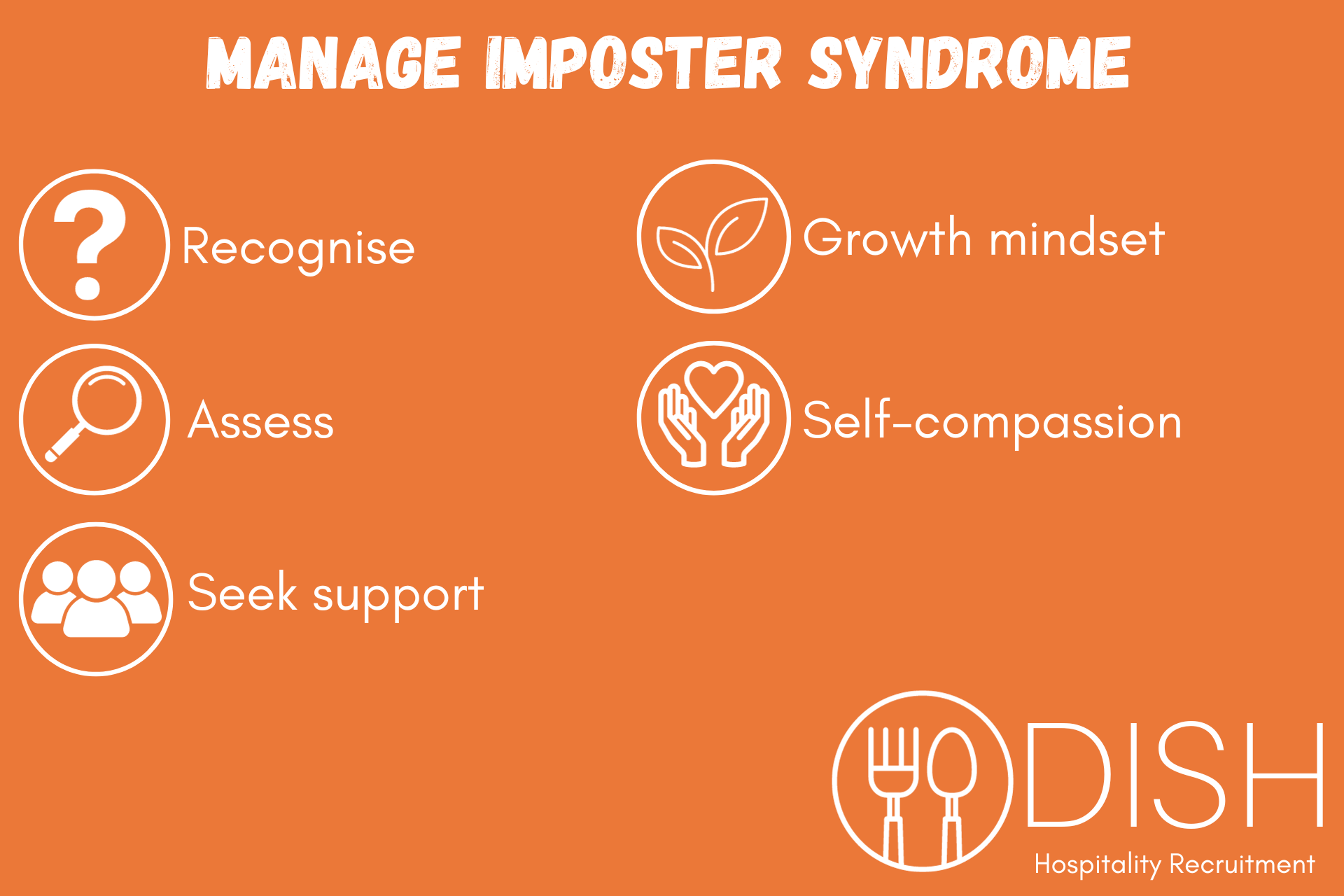
10 Jan How to Manage Imposter Syndrome
What is it?
Though not a recognised psychological condition, Imposter Syndrome refers to the feeling of inadequacy in the workplace and the anxieties and insecurities that come with this regardless of proficiency and achievement. First identified in 1978 by clinical psychologists Pauline Rose Clance and Suzanne Imes, Imposter Syndrome can have a damaging impact on your career and mental health as you live in fear of being discovered a fraud and perhaps even self-sabotage your own success. Though suffered by both men and women, research suggests the phenomenon is more likely to appear in women and underrepresented groups.
What causes it?
Imposter Syndrome can be caused by various factors including the environment you grew up in; social pressures and your personality. If you grew up in a critical environment you may still feel as though nothing you achieve is good enough. Being part of a competitive social group or even social media can create feelings of inadequacy in comparison to others. Finally, some personality types can be prone to minimising achievements, dwelling on mistakes and building pressure around projects and deadlines.
How to Manage Imposter Syndrome
Recognise what you are feeling as Imposter Syndrome
The first step to addressing Imposter Syndrome is to recognise your anxieties and feelings of inadequacy as this cognitive distortion and not as a result of any actual shortcomings. This may become easier with a greater understanding of the causes of Imposter Syndrome and its types, which you can read about in our blog post, The 5 Types of Imposter Syndrome – Which Do You Have?
Assess the evidence
Making a list of evidence for and against your competency in your role can bring perspective in an anxiety spiral. It’s also good to keep a list of achievements proving your capability so you have them ready should anxiety strike.
Seek support from your trusted network
If you don’t think you can come up with evidence of your abilities, seek support from your trusted network. They will remind you of your proficiency and give you meaningful feedback.
The feelings of shame associated with Imposter Syndrome often leads people to suffer in silence. Speaking with colleagues may help you to realise that more people suffer with similar insecurities than you perhaps originally thought.
Remind yourself of the importance of a growth mindset
Remember that nobody is perfect or an expert about everything. Your ability to learn from failure is what makes you an effective individual. Try not to ruminate over mistakes or compare yourself to the highlights you see of others.
Practice self-compassion
Be kind to yourself. Rather than being overly critical, try talking to yourself in the same way you would to a friend. Forgive yourself for mistakes, allow yourself rest and build yourself up with regular compliments.
Article source: https://www.betterup.com/blog/what-is-imposter-syndrome-and-how-to-avoid-it

